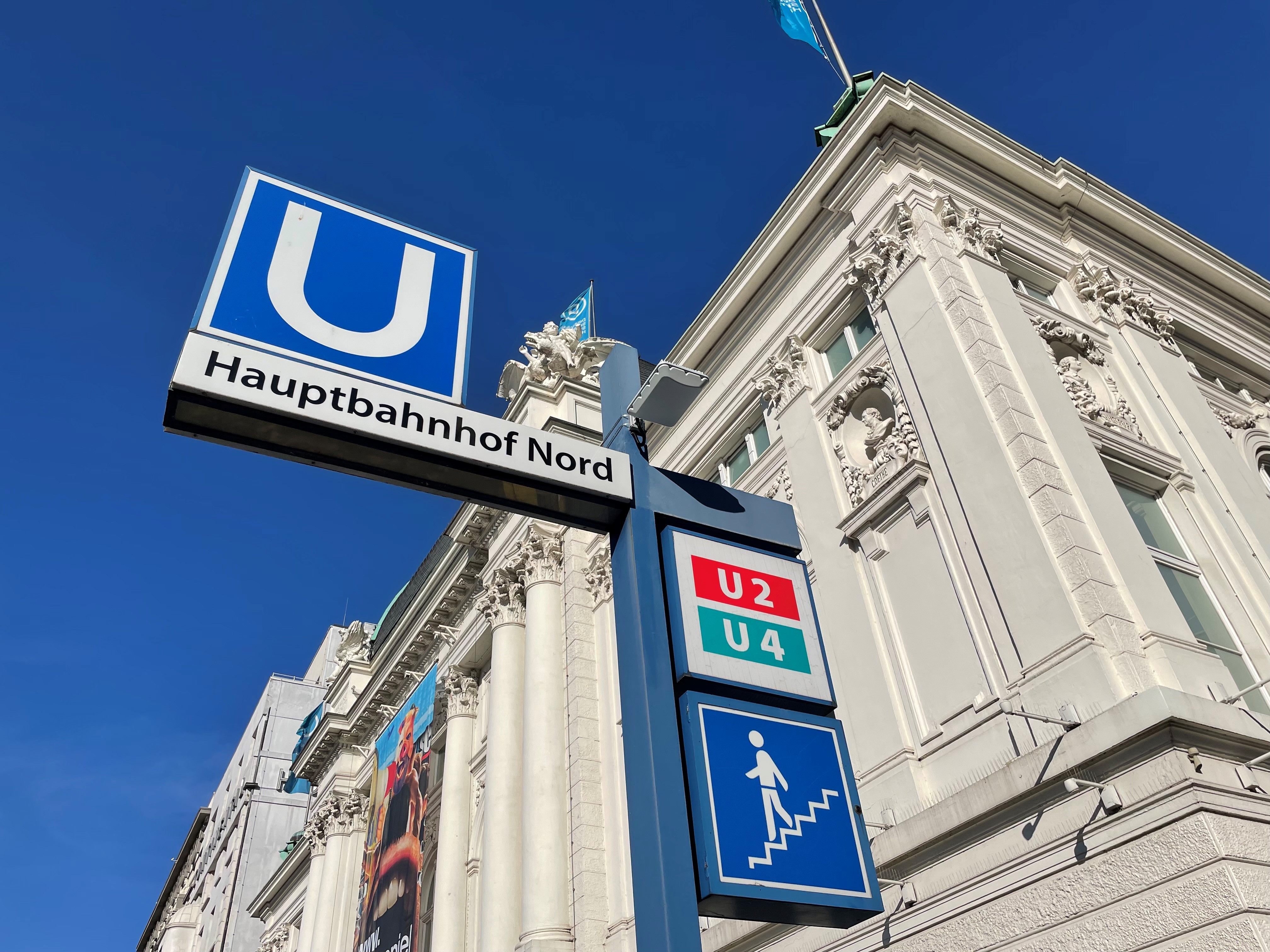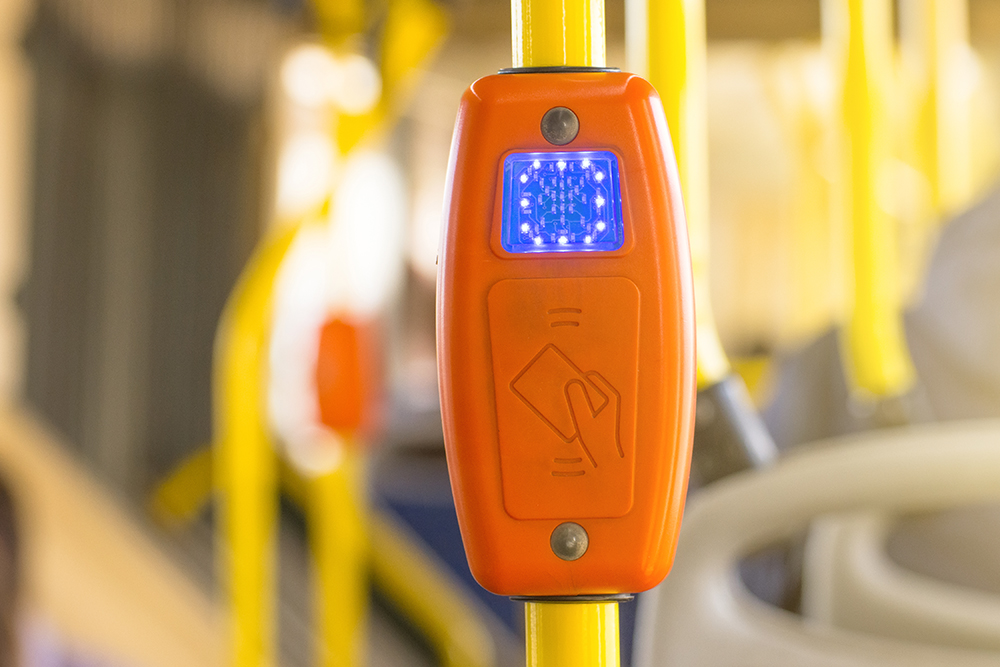
Quality service - rather than low or no fares - are the key to increasing mass transit ridership, according to new research.
PTV Group's Public Transport Trends Report 2022 contains insight from 700 transportation professionals - just a quarter (26%) of whom say lower fares will push people to use it.
By contrast, 95% say the most important incentive is better accessibility, along with more frequent service & on-demand services (95%) and integration with other mobility services (87%).
The biggest issues facing the industry, the survey says, are improving quality of service (88%), punctuality (80%), coverage and accessibility (80%), and decarbonisation (75%).
When it comes to the impact of Covid-19, 78% of respondents still see returning passenger numbers to pre-pandemic levels as an important issue.
PTV found that mobility hubs – where numerous transport modes are located - have not really taken off, despite their importance to sustainable urban mobility: just 19% of respondents say their organisation is already active in this area.
On the upside, one-third of respondents say they already integrate shared services into their offering and half of respondents are considering transforming "from pure public transport operations into more holistic mobility service providers", PTV says.
Connected and autonomous vehicles are increasingly relevant, say 40% of respondents, with 20% already working on related projects.
More than half of those surveyed say that electrification and decarbonisation technologies will influence their business in the next five to 10 years.
Other areas of interest are apps for planning and booking trips (36%); and artificial intelligence in data analysis and operational planning (31%).
“There is huge potential for cities to become more livable and sustainable by extending public transport, converting it to electric vehicles, and integrating it with other modes into a multimodal, demand-responsive system”, explains Arnd Vogel, a modelling expert at PTV Group.
“Transportation planning based on modelling tools and data helps cities and operators to take the right decisions in this process, regarding fleets, hubs, regulations and operations.”











